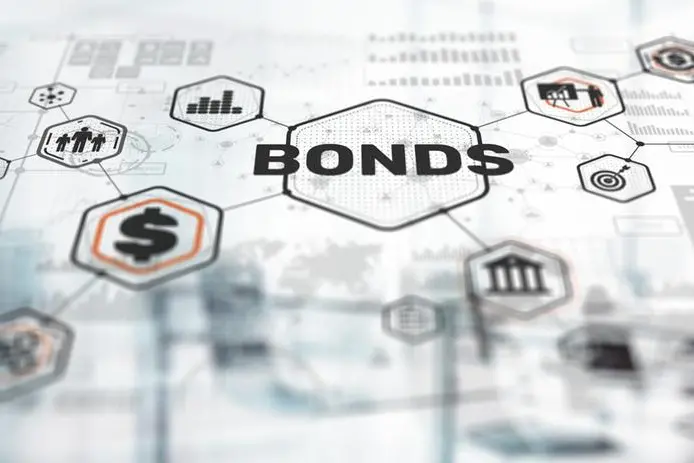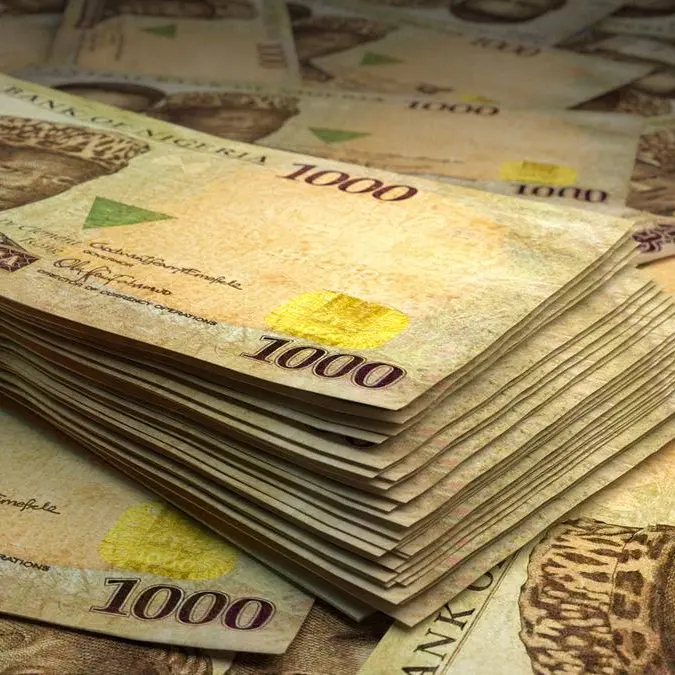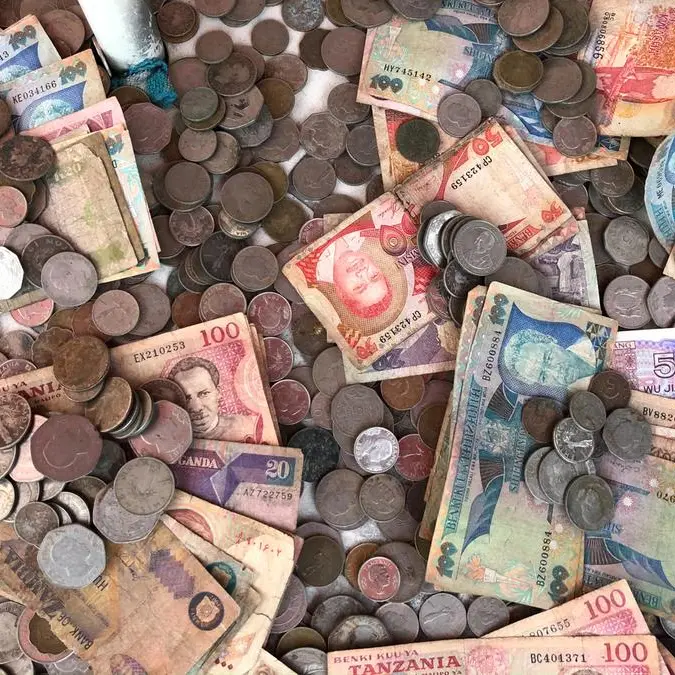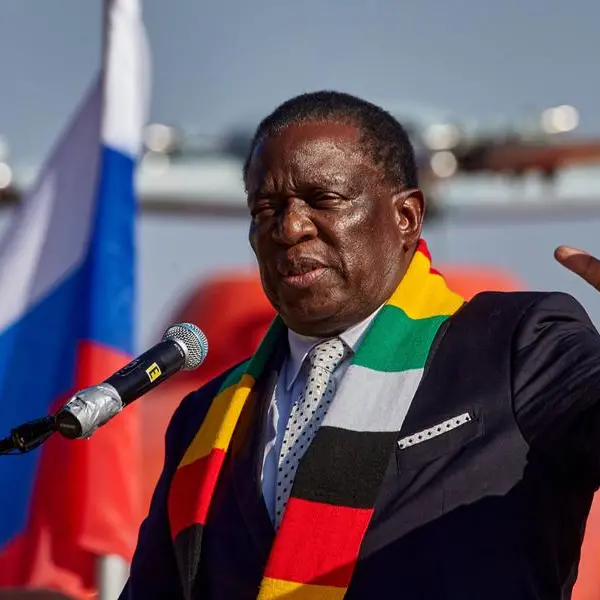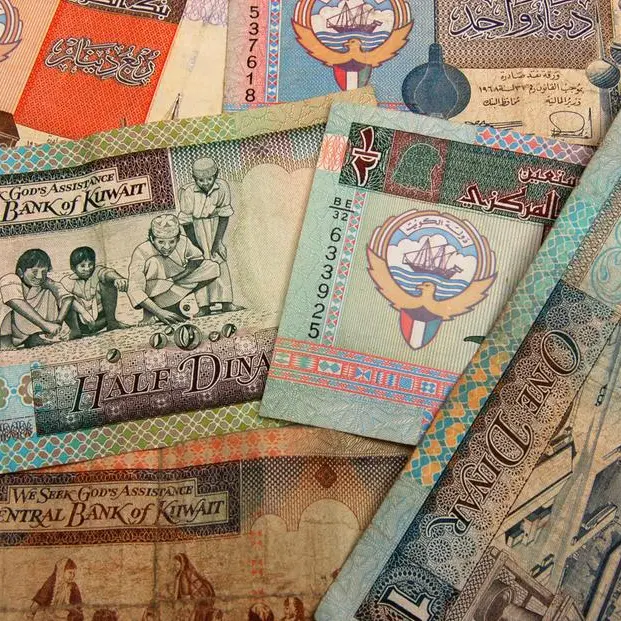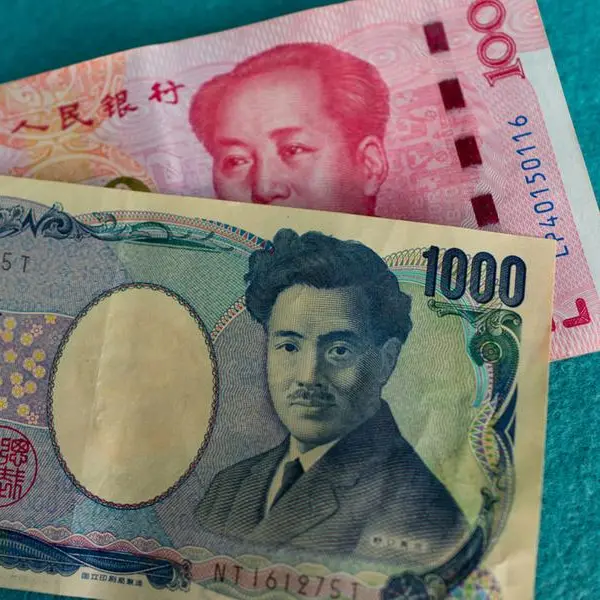PHOTO
The Emirate of Sharjah issued its debut euro-denominated bond last week in a bid to diversify its funding. The emirate has had to lean heavily on debt markets in recent years, but almost all of its international issuance had been in US dollars.
The mandate for the €500m no-grow 6.5-year sustainable bond was announced on Monday through global coordinators Credit Agricole, HSBC, IMI-Intesa Sanpaolo and JP Morgan and after two days of marketing books opened. Orders reached over €2.2bn, with pricing landing at 190bp over mid-swaps, having started out in the 220bp area.
In terms of achieving the emirate’s goal of diversifying its investor pool and easing pressure on its dollar funding base, the transaction was a success. Only 13% of allocations went to Middle East accounts and another 12% to US funds, while European investors took 37% and UK investors another 36%.
In comparison, when Sharjah’s US$750m 6.125% March 2036 sustainable bonds were allocated in February, European accounts made up only 6% of the deal, while Middle East investors got 33%, US managers 32% and UK funds 28%.
A banker involved in the deal said that it was primarily marketed to European credit funds, emerging markets investors and Middle East accounts.
Even though issuing in euros looked expensive versus dollars according to several bankers not involved in the deal, the borrower’s decision to tap the market made sense in the context of its elevated funding volumes.
It also appears as though there was evident investor demand for the deal even before the mandate was announced. During the roadshow, Sharjah communicated to investors that it had previously received two reverse inquiries for a euro deal.
"On the external debt front, those emirates that do not have abundant natural resources are looking to diversify their sources of funding and their investor base," one fund manager said. "That can come via issuance in other currencies, looking to tap a specific market, or looking to tap sustainable investors in this case."
Sharjah's ratings have come under significant pressure in recent years because of its funding activities. For example, Moody's has slashed its rating of the credit from A3 to Ba1 since 2020.
"The debt to GDP and debt servicing costs have been increasing in recent years in Sharjah, but I suspect investors will remain assured that Sharjah would receive support from other emirates in the event of a downside scenario coming to pass," an investor said.
S&P rates Sharjah BBB–.
Comparables used by leads for the deal included the issuer’s dollar curve, as well as dollar and euro instruments from sovereigns such as Mexico and Indonesia. The fund manager said his fair value estimate was around 170bp, though said it was an entirely subjective exercise.
Proceeds from the euro benchmark will finance eligible expenditures including projects related to affordable housing, access to essential services and pollution prevention and control.
